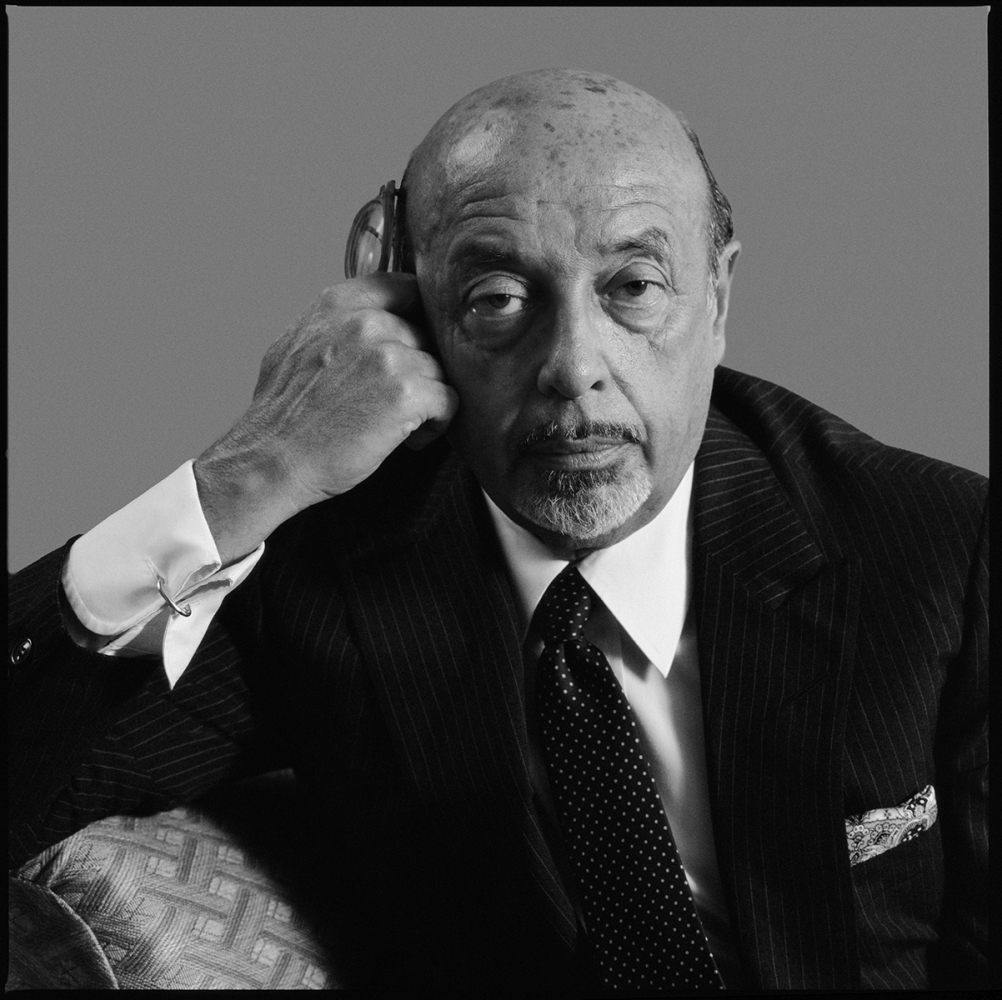Ahmet Ertegun, the renowned music executive and co-founder of Atlantic Records, stands out as a pivotal figure in the evolution of popular music. His legacy is not defined solely by his groundbreaking contributions to the industry but also by his remarkable life story, multifaceted career, and the indelible mark he left on the world of music. To fully appreciate his influence, it is essential to explore various aspects of his life, including his early beginnings, career trajectories, net worth, interesting anecdotes, and the controversies that occasionally clouded his legacy.
Early Life and Education
Ahmet Ertegun was born on July 31, 1923, in Istanbul, Turkey. Growing up in a culturally rich milieu, he was exposed to a wide array of musical influences from a young age, thanks in part to his father, who served as the Turkish ambassador to the United States and was passionate about music. This background imbued Ahmet with an eclectic taste, which later became integral to his career.
In 1935, the Ertegun family moved to Washington, D.C., where Ahmet experienced the juxtaposition of European elegance and the burgeoning American music scene. This cultural duality fueled his fascination with jazz and blues, genres that would dominate his professional endeavors. Despite the challenges of adolescent life, he thrived academically and began attending George Washington University, where he studied music and journalism. However, he soon abandoned formal education to pursue his passion for music, a decision that would shape not only his life but also the landscape of the industry itself.
Career
Ahmet Ertegun’s career trajectory is a testament to his visionary mindset and unyielding dedication. In 1947, he co-founded Atlantic Records in New York City with Herb Abramson. The label would soon become synonymous with artistic innovation, signing a remarkable roster of artists, including Ray Charles, Aretha Franklin, and Led Zeppelin. Ertegun’s adeptness at identifying and nurturing talent was unparalleled; he had an uncanny ability to recognize the potential in artists long before they became household names.
Under his stewardship, Atlantic Records blossomed into one of the preeminent record labels of the 20th century, adeptly navigating the shifts in musical trends. The label’s diverse catalog ranged from rhythm and blues to rock and soul, reflecting Ertegun’s belief that music transcends boundaries. His approach to artist management was progressive for the time, allowing musicians creative freedom while advising them on the intricacies of the commercial landscape.
In addition to his work at Atlantic, Ertegun was known for his robust involvement in the broader music community. He charted new territory with initiatives that promoted musical diversity, equity, and inclusion, enabling various genres to coexist and flourish. This willingness to embrace innovation resonated within the industry, fostering a wave of inspiration for aspiring musicians worldwide.
Net Worth
Estimating Ahmet Ertegun’s net worth at the time of his passing in 2006 sheds light on the financial success that accompanied his influence over the music industry. While reports vary, it is generally believed that his net worth was approximately $100 million. This wealth was accrued not only through his success with Atlantic Records but also from savvy investments in other enterprises, as well as the enduring profits generated from the catalog of music he helped create and promote.
This financial success has sparked fascination, prompting observers to wonder how a son of Turkish aristocracy could revolutionize an industry that was, at times, resistant to change. The answer may lie in Ertegun’s relentless pursuit of passion over mere profit, leading him to establish a legacy that outlived his earthly presence.
Interesting Facts
- Jazz Enthusiasm: Ertegun had an insatiable love for jazz. In his youth, he would sneak into nightclubs, immersing himself in the rhythms and improvisations of jazz legends. This passion was evident in his later work, as he pioneered the genre’s incorporation into mainstream culture.
- Personal Relationships: Ertegun cultivated deep relationships with artists, often treating them like family. This was particularly evident in his iconic partnership with Ray Charles, which transcended professional boundaries, cementing a lifelong friendship.
- Influential Friendships: He mingled with various luminaries outside the music industry, including politicians and authors. His socio-political awareness enriched his musical ventures.
Controversy
Despite his illustrious career, Ahmet Ertegun was not devoid of controversy. Accusations of favoritism emerged, particularly concerning his relationships with artists, leading to claims of bias in selecting whom to promote. Additionally, the expansion of Atlantic Records into a major label drew scrutiny regarding the implications of commercialism on artistic integrity. Critics questioned whether the shift from a boutique label to a corporate entity impacted the authenticity of the music being created.
Furthermore, the intense scrutiny over his management style often ignited debates about the ethics of artist representation. Ertegun’s methods, while successful, were occasionally perceived as exploitative. Nonetheless, supporters argued that his contributions to artist development were invaluable and that any controversy should be viewed as a byproduct of his passion for music rather than malfeasance.
Conclusion
Ahmet Ertegun’s storied life encapsulates the essence of hard work, passion, and vision that revolutionized the music industry. His early experiences laid the foundation for a prolific career that championed a diverse array of musical genres. Despite facing controversy and challenges, his tenacity and creativity propelled him to remarkable heights of success. Ultimately, his legacy informs ongoing discussions about the intersections of music, culture, and commerce, asserting that true artistry knows no bounds.



